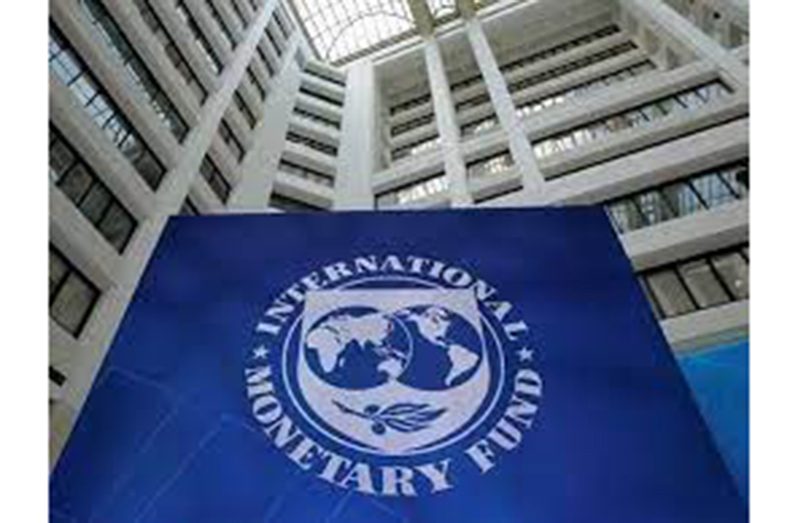AS Guyana continues to make a name for itself in both the regional and international arenas, renowned institutions are constantly recognising the transparent and good leadership that is pushing the country forward.
In a report documenting the conclusions of its Article IV Consultation with local authorities, the International Monetary Fund (IMF) applauded the government of Guyana for its continuous efforts to strengthen the management of its oil wealth and its fiscal transparency.
“Staff commend the authorities’ progress to strengthen the management of oil wealth and its fiscal transparency,” the IMF said.
The report then placed special emphasis on the NRF Act, which was passed in 2021 by the People’s Progressive Party/Civic (PPP/C) Government. The aim of the Act was to repeal clauses imposed by the previous APNU+AFC Administration.
The IMF report further read: “The NRF Act, amended in 2021, enhanced transparency and accountability of the use of oil revenues,” adding that: “In 2022, the governance of the NRF was strengthened with the appointment of three critical bodies: The NRF Board of Directors, the Public Accountability and Oversight Committee, and the Investment Committee.”
It was further highlighted that 2022 marked the first year when oil revenues were transferred from the NRF to the budget and the process continued with the 2023 budget.
The IMF report also highlighted: “At the same time, the authorities made progress in implementing the recommendations of the 2019 Extractive Industries Transparency Initiative (EITI) reports, notably on the reconciliation with the fiscal regime.”
The international organisation pledged its support to the PPP government, which is committed to tackling the existing gaps within the system.
“Staff support the authorities’ efforts to address remaining gaps, including in moving towards electronic disclosure and adequate follow-up,” the IMF said.
Additionally, a more modern Petroleum Exploration and Production Act came into play owing to the PPP government’s recognition of the rapid expansion of Guyana’s oil and gas sector.
“The new Act enhances the regulation of exploration and production of oil, and further paves the way for developing the oil and gas industry,” the IMF said.
The document also placed focus on the new Profit Sharing Agreement (PSA), which has been customised.
Notably, the new PSA will be used for the auction of 14 new oil and gas blocks, and will increase the government share of oil profits.
TRANSPARENCY
The new NRF Act replaced the previous act, which was “rushed through” the National Assembly in January of 2019, by a “defunct” APNU+AFC government, which was already toppled with the passage of a no-confidence motion in December 2018. The 2019 legislation did not benefit from the input of the then PPP Opposition.
Soon after its passage, the 2019 legislation was heavily criticised by a number of stakeholders, including the Inter-American Development Bank (IDB), one of Guyana’s leading financial partners, which described the act as being one that “departs from good practices.”
The IDB said too that the complexity of the legislation essentially conspires against fiscal transparency and public understanding.
As a result of those “inadequacies,” the then APNU+AFC government was initially able to deny having collected a US$18 million signing bonus from ExxonMobil Guyana.



.jpg)








